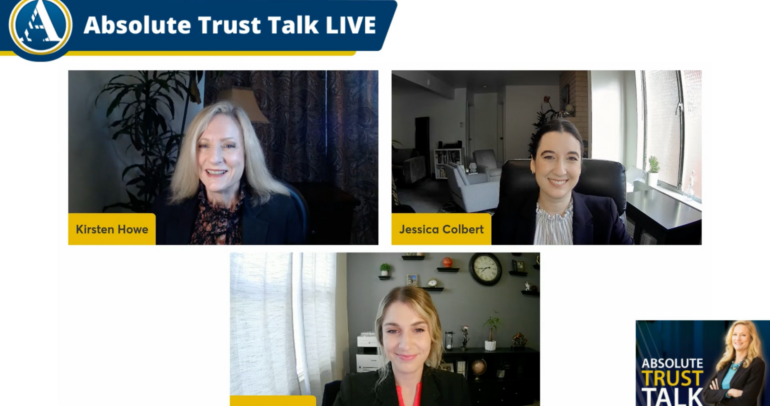Mary was ill-prepared for the drama that was probate.
“I mean, seriously,” she told her friend, Amy. “Who would have thought Uncle Harry would leave his estate in such a mess? I found deeds, contracts, promissory notes, life insurance policies, and wills, multiple wills, in his house, stuffed in the trunk of his car, in his shed, even in his safety deposit box at the bank. I don’t understand why the man wasn’t better organized.”

“This has been seriously messing with my vacation schedule. I had to delay that single’s cruise I have wanted to go on for, like, forever.” “Did they ever officially appoint an executor?” Amy asked.
“After me and my brothers duked it out in court, the court finally agreed that I should handle things. I just wish Uncle Harry had updated his will and had everything in order so I didn’t have to go on a scavenger hunt, looking for property and lost relatives. I swear this is going to take years to resolve. I have better things to do with my time.”
Amy chuckled. “You know, I heard about this estate in San Juan Capistrano. This man’s heirs have been fighting over a tiny little home for over 90 years.” Mary groaned. “My lawyer told me about that one. They’ve been fighting over that house since 1925. First, they couldn’t decide who should be the executor, now they are fighting over whether to sell the house.” Amy smirked. “My word, I hope that doesn’t happen to you!”
“Well, if probate isn’t done soon, I am going to take that cruise, and some of the other trips I had planned. My life doesn’t stop just because my brothers want to get their greedy hands on their inheritance.”
In California, the probate of an estate usually takes between eight months to two years. That time frame is dependent on many factors, including the size of the estate, the nature of the estate’s assets, the ease of identifying and locating all qualifying heirs, creditor’s claims, the court calendar in the county where the decedent lived, and the accuracy and clarity of the decedent’s will or estate plan. In addition, unforeseen consequences, such as challenges to a will or the location of heirs can result in significant delay.
However, in the end, the executor is the key. Probating an estate not only takes work, it takes dedication. If you are named executor of someone’s will, you will be required to take the time to learn about the probate process and your responsibilities, and then marshal the estate through the court process. Some advice:
- When appointed as an executor, contact an attorney, ask questions, and take notes. Make a list of what information the attorney needs from you and confirm that list with the attorney. Then make a plan for securing and delivering that information on a timely basis.
- When information is unclear or you don’t understand a request, clarify the matter with your attorney. Ask. Rely on a legal professional for the answers to your questions, not relatives or friends. Relatives and friends may be well meaning, but they lack the education and experience required when probating an estate. Probate is a very exact and unforgiving process. Mistakes and misunderstandings create delay, sometimes lengthy ones. If you have questions, ask.
- Follow through. Your attorney will request documents and information to initiate probate. You need to understand what is being requested and provide it. Missing documents or information stalls the probate process and makes it even more difficult to get an estate settled.
- Honor deadlines. Under state law, a series of deadlines have been established to make the probate process more efficient. In addition, California’s probate courts are overburdened and many have significant backlogs. It is important to comply with deadlines set to ensure the timely closure of the decedent’s estate. Your attorney will create a schedule for complying with those deadlines, and request information and completion of other tasks by a certain dates to ensure the process runs smoothly.
- Be diligent about meeting deadlines and attending appointments, and if there will be a delay or you need to reschedule an appointment, contact your attorney’s office and convey that information.
The executor’s ability to follow instructions and complete assigned tasks has a significant impact on the time it takes to complete the probate of an estate. Probate is not a game, it is hard work. Fortunately, your attorney is there to explain the process and its requirements, and assist you in closing the estate so that all property is distributed to heirs efficiently.
[Ad] Do you need help with your California estate planning now? We can help. Together our Absolute Trust Counsel team will take a look at your situation and your specific needs to develop a strategic plan to help protect you and your loved ones. Here’s a link to schedule your free discovery today > https://absolutetrustcounsel.com/scheduling/.
Looking for more resources? Absolute Trust Counsel has a library of free articles, checklists, and guidebooks to address the most common estate planning questions in easy-to-understand language. Explore those listed below, or for more, visit https://absolutetrustcounsel.com/resources.





